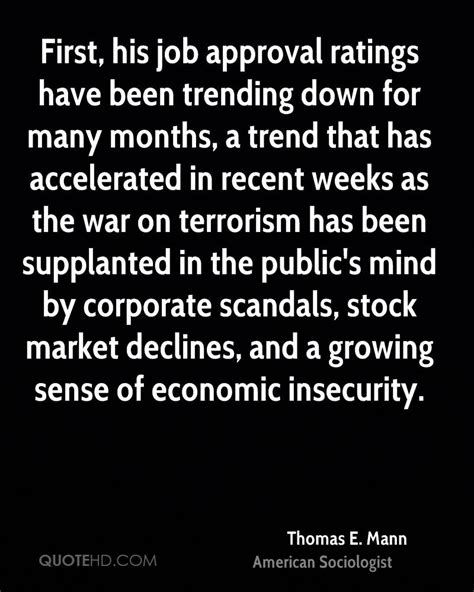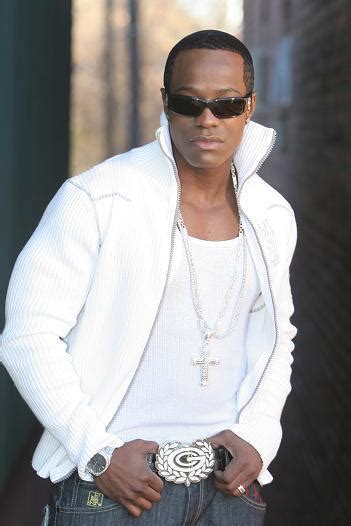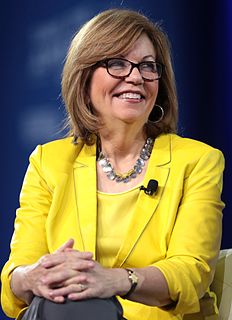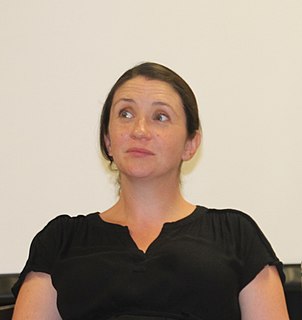A Quote by Thomas E. Mann
Further-more, partisan attachments powerfully shape political perceptions, beliefs and values, and incumbents enjoy advantages well beyond the way in which their districts are configured.
Related Quotes
The reapportionment of 2002 designed congressional districts that favored incumbents of both parties, leaving virtually no room for challengers to be elected. Of 435 members of the House of Representatives, only four incumbents lost to nonincumbents of the other party. In all, 96 percent of incumbents were re-elected. (It was only 90 percent in 1992 and 1982 after the previous reapportionments.)
Cross-cultural reality testing forces people to examine both their own and others' understandings of reality. Most people simply assume that the
way they look at things is the way things really are, and judge other cultures' views of reality before understanding them. These judgments are
based on ethnocentrism, which closes the door to further understanding and communication. Furthermore, ethnocentric judgments keep missionaries from examining their own beliefs and values to determine which of them are based on biblical foundations and which on their cultural beliefs.
The thing that is different I think from the years ago, when I was covering the shutdown at the Clinton White House. Then, it was a different political landscape. At that point, a third of House Republicans in the 1995 shutdown were in congressional districts that had been won by Bill Clinton. 7 percent of House Republicans are in congressional districts that were won by Barack Obama shows you how much more partisan the whole country is. A lot of the bridges that used to be used to reach a deal when you needed to reach a compromise have been blown up in the past years.
I am like all other atheists only in that I do not believe there are any gods. Beyond that, I may differ dramatically in my values and beliefs from any other atheist. On both sides of the political spectrum, one can find the neo-conservative Objectivists and the ultra-liberal Communists, both of whom hate each other. These two factions take up nearly opposite sets of values, yet both are comprised of unabashed atheists.




































